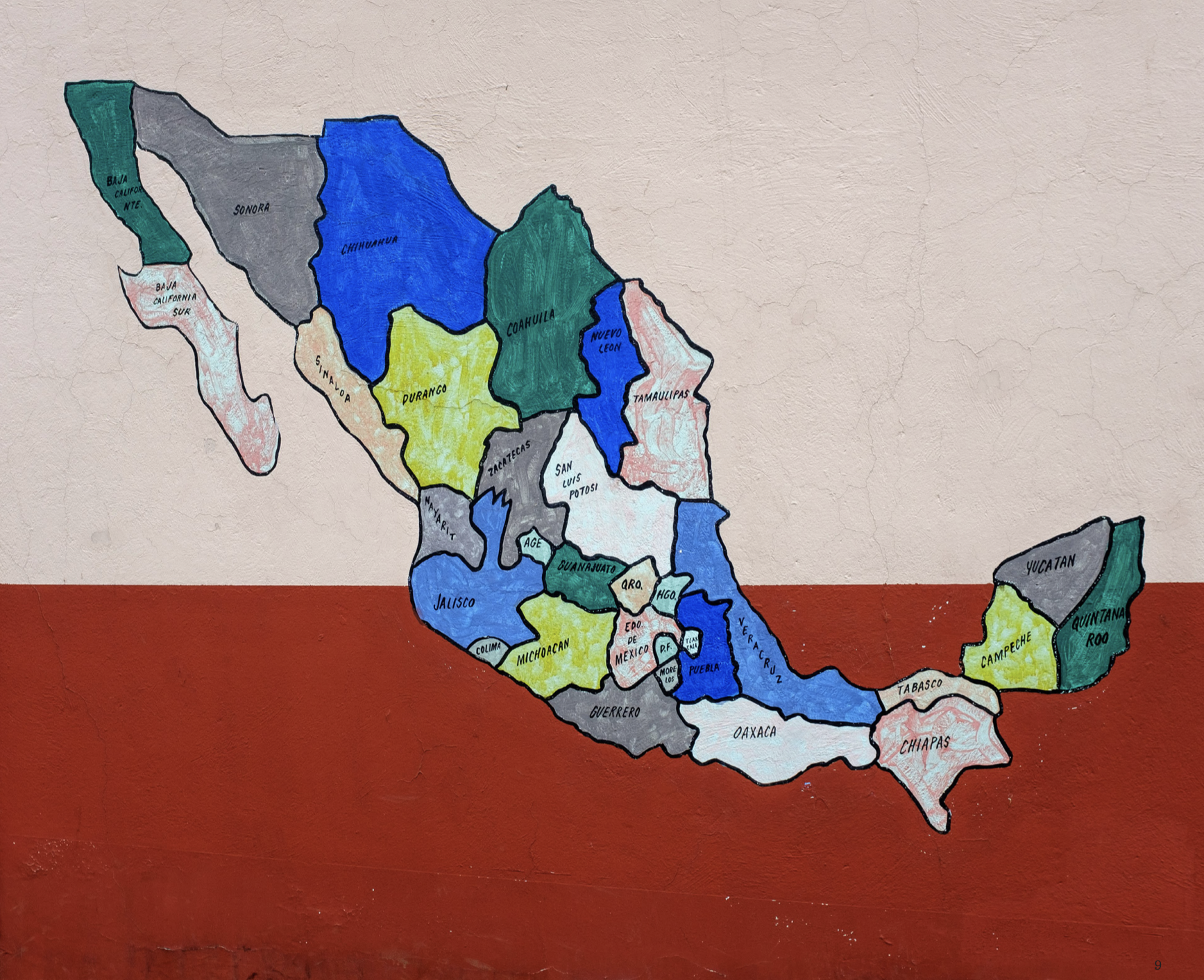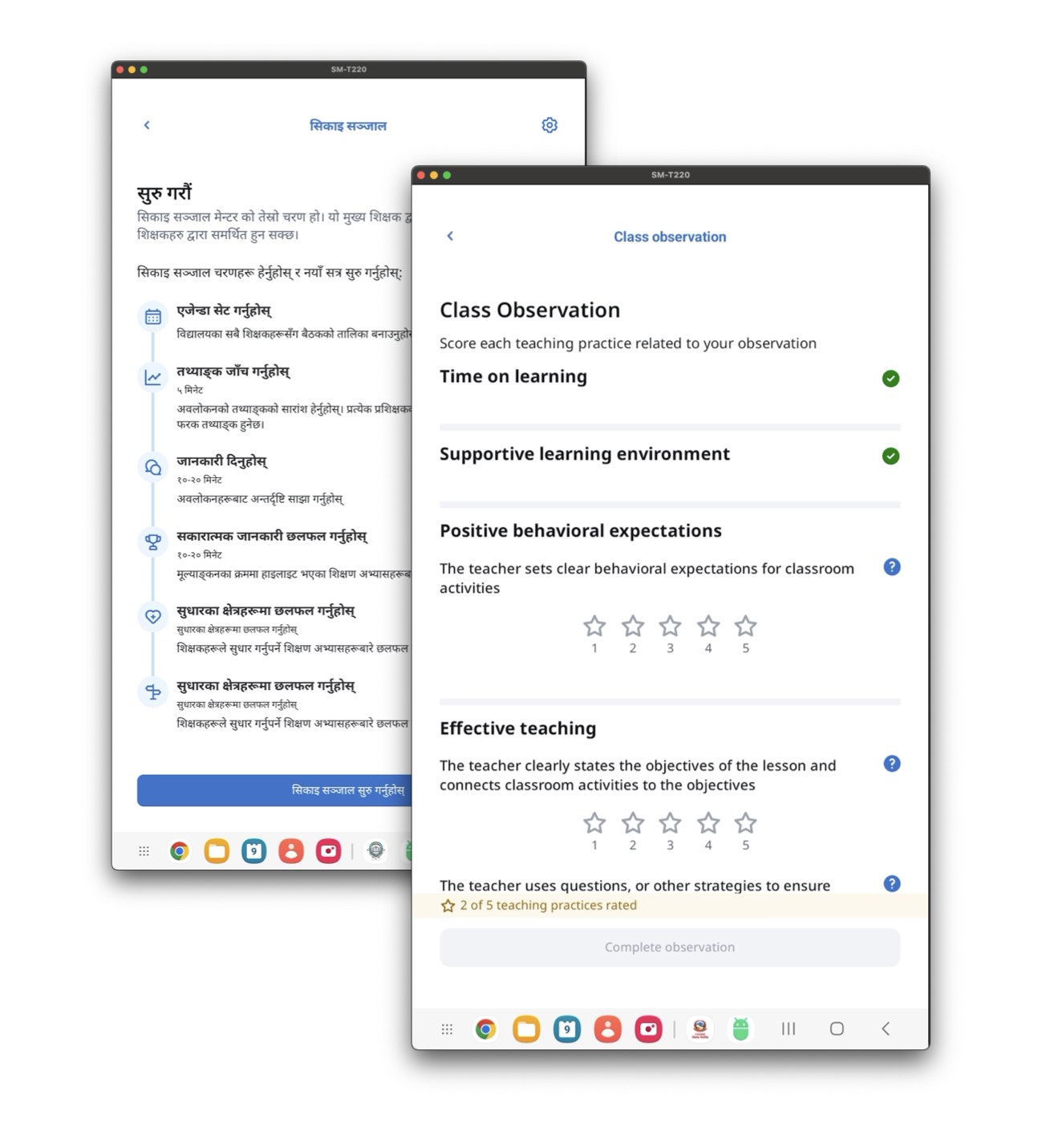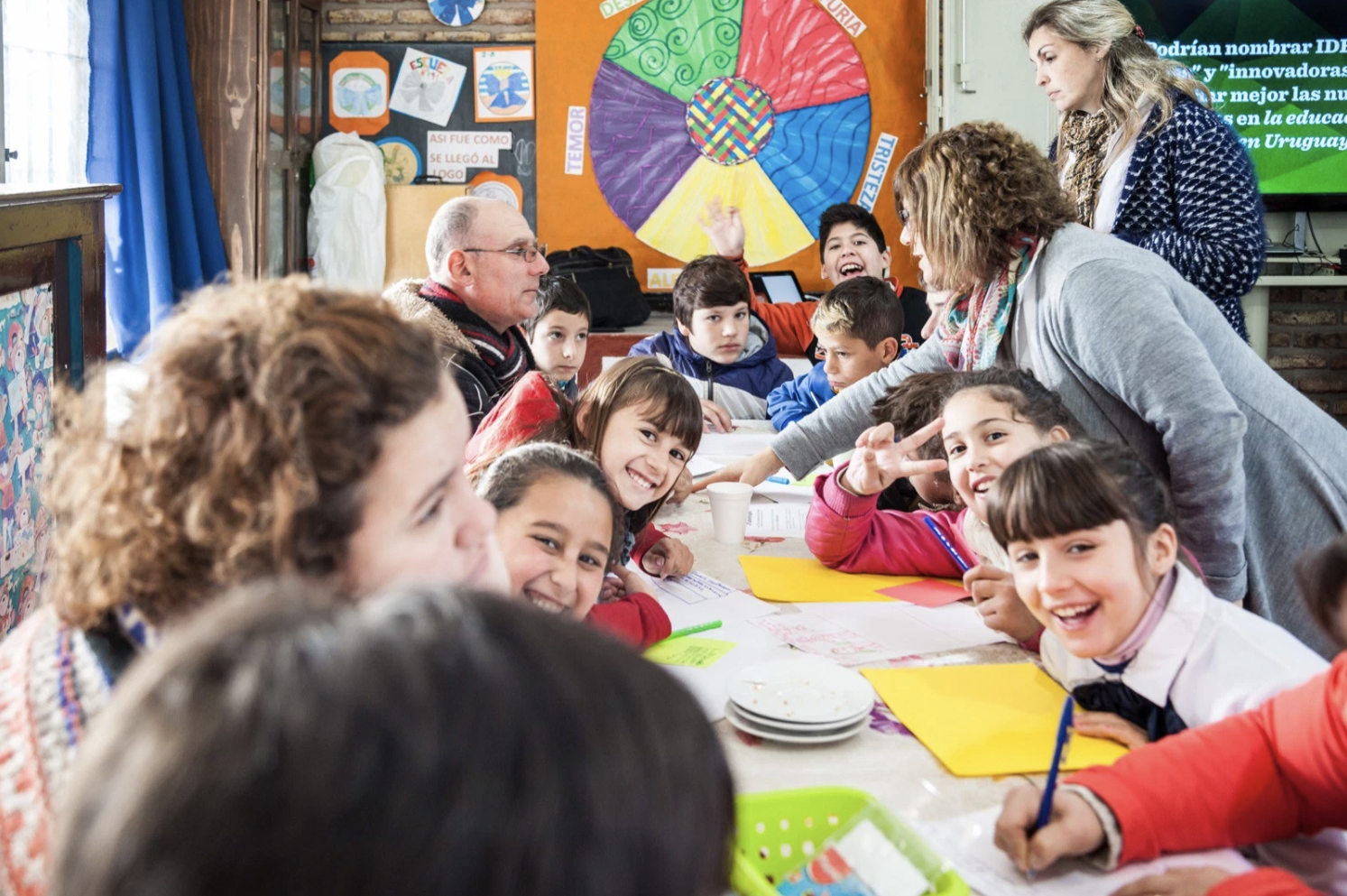Understanding digital citizenship in Mexico

Client: Secretaría de Educación Pública (SEP), Mexico (with Fundación Ceibal)
Location: Mexico
Year: 2018
Focus: Digital citizenship, education policy, participatory research
Report: Available online
Understanding digital citizenship in Mexico through national dialogue and participatory research
This project provided the first national-level diagnostic on digital citizenship in Mexico’s basic education system. Commissioned by the Secretaría de Educación Pública (SEP) through its @prende.mx initiative and developed in collaboration with Fundación Ceibal, the study aimed to inform strategies for promoting safe, critical, and responsible technology use among students, teachers, and families. The project positioned digital citizenship as both a policy and cultural challenge—addressing not only infrastructure and skills gaps, but also questions of identity, safety, and participation in digital life.
Approach
The research employed a three-phase, mixed-method design. It began with a nationwide online survey reaching over 45,000 students, teachers, and parents across Mexico’s 32 federal entities. The survey explored participants’ self-perceptions and behaviors around topics like online safety, media literacy, cyberbullying, and digital agency. Findings informed the design of a second phase of World Café dialogues held in six schools across the State of Mexico and Hidalgo. These structured, inclusive conversations used appreciative inquiry and participatory design tools to surface needs, concerns, and creative proposals directly from the school community.
The final phase synthesized insights through grounded theory methods and thematic analysis, with the support of the Knowmad Café platform for collaborative data capture and prioritization. Key themes included digital identity, online risks, generational gaps in tech expertise, and the evolving role of schools and families in digital literacy.
Deliverables and approach
The project delivered a comprehensive diagnostic report structured around stakeholder perceptions, emerging patterns, and actionable recommendations. Key components included:
- A validated survey instrument and data set spanning over 45,000 responses
- Qualitative synthesis from 237 World Café participants across school communities
- Conceptual clouds, thematic matrices, and codebooks to visualize key issues and discourse
- Policy recommendations grounded in lived experience and participatory input
- A replicable methodology for future assessments in Latin America and beyond
Impact
This work helped SEP and its @prende.mx unit reframe digital citizenship as a multidimensional, community-centered practice rather than a purely technical competency. It informed ongoing education policy development and contributed to the design of inclusive, scalable strategies for integrating digital skills and values in Mexican schools. The project also demonstrated the power of participatory methodologies to elevate diverse voices—particularly those of students and parents—into national education strategy conversations.



